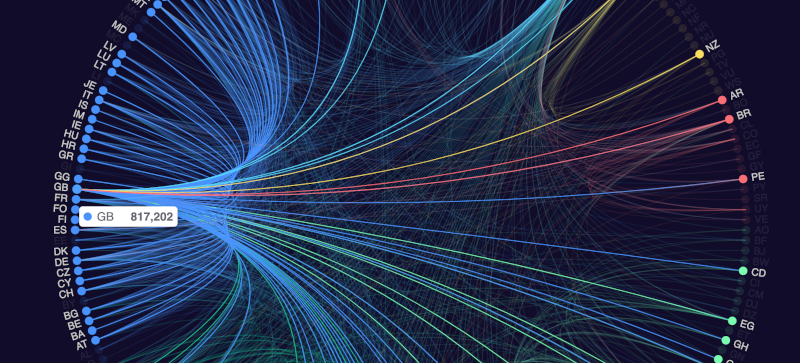FLOSS Weekly Episode 769: 10% More Internet

This week, Jonathan Bennett and Doc Searls talk with David Taht about the state of the Internet and, specifically, IPv4 exhaustion. We’re running out of IPv4 addresses! But we’ve been …read more Continue reading FLOSS Weekly Episode 769: 10% More Internet

